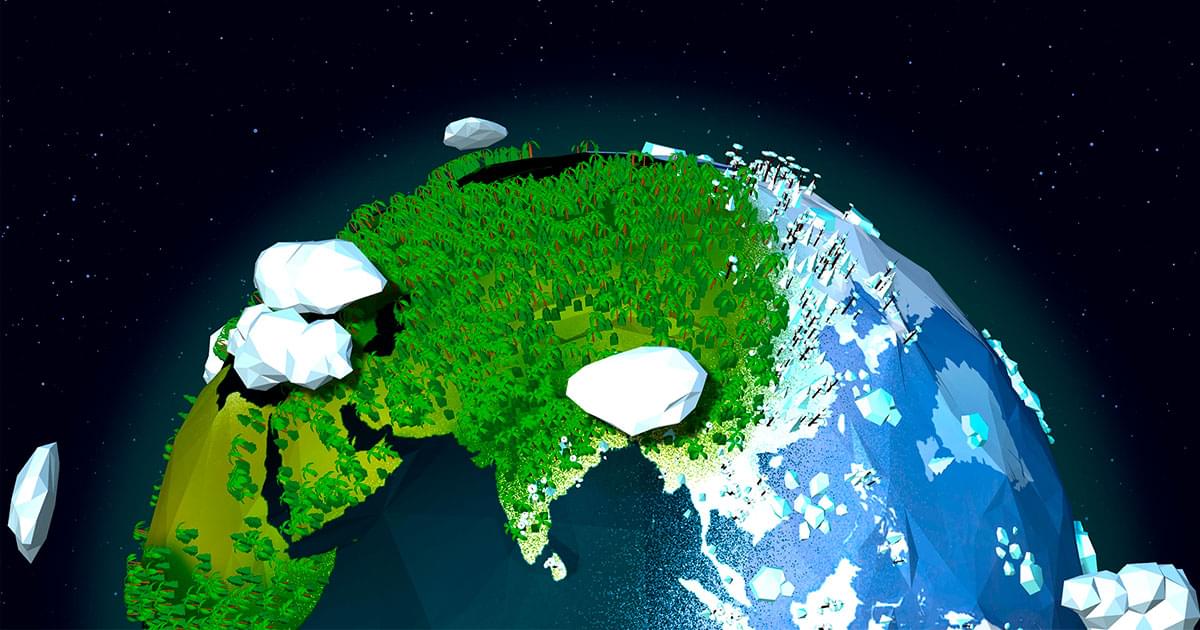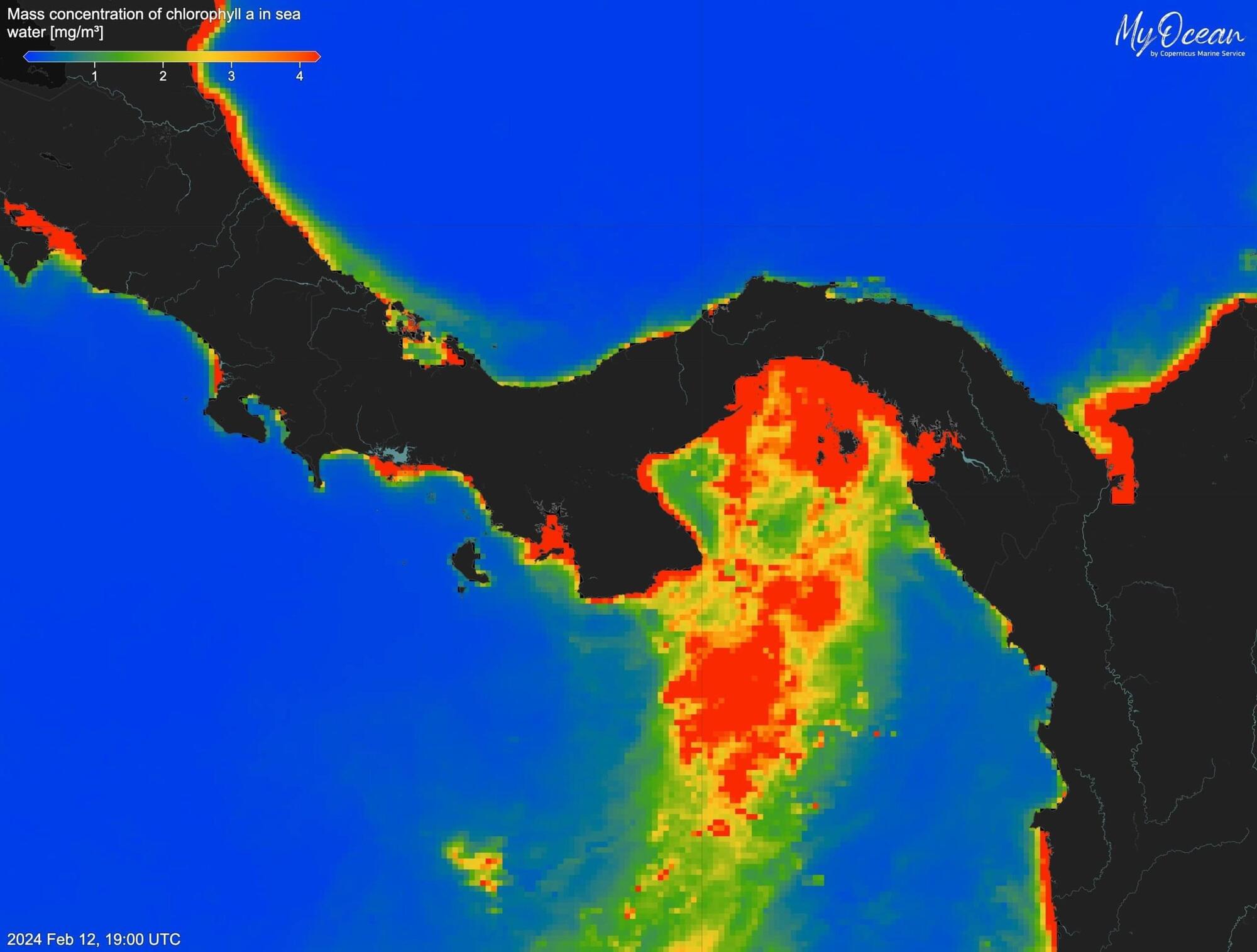Discover how science-led innovation is reshaping agrifood systems to support climate resilience and protect nature while ensuring food security for a growing world


A team of scientists has detected a colossal geological anomaly, a massive and mysterious change that took place nearly 2,900 kilometers deep, right at the boundary between the Earth’s mantle and the core, an event that measurably altered the planet’s gravitational field and that has been captured, indirectly but unequivocally, by instruments in orbit.
The finding, published last month in the journal Geophysical Research Letters, suggests that the structure of rocks in the depths of the lower mantle can transform dynamically, a process that could have fundamental implications for our understanding of planetary dynamics, from the origin of major earthquakes to the generation of the magnetic field that protects life on the surface.
The research, led by Charlotte Gaugne Gouranton of the City University of Paris and with the notable participation of geophysicist Isabelle Panet of Gustave Eiffel University, focused on the meticulous analysis of data collected by the GRACE (Gravity Recovery and Climate Experiment) satellite mission, a joint project between the United States and Germany that operated between 2002 and 2017.

For centuries, mathematicians have developed complex equations to describe the fundamental physics involved in fluid dynamics. These laws govern everything from the swirling vortex of a hurricane to airflow lifting an airplane’s wing.
Experts can carefully craft scenarios that make theory go against practice, leading to situations which could never physically happen. These situations, such as when quantities like velocity or pressure become infinite, are called ‘singularities’ or ‘blow ups’. They help mathematicians identify fundamental limitations in the equations of fluid dynamics, and help improve our understanding of how the physical world functions.
In a new paper, we introduce an entirely new family of mathematical blow ups to some of the most complex equations that describe fluid motion. We’re publishing this work in collaboration with mathematicians and geophysicists from institutions including Brown University, New York University and Stanford University.




STONY BROOK, NY — September 5, 2025– A recent study in Nature Physics reveals how ordinary ice can generate electricity, providing crucial insight into the origins of lightning. It was discovered that ice exhibits strong flexoelectricity—an electromechanical effect that occurs when the material is bent. At Stony Brook University, PhD student Anthony Mannino, working under


One of the buzziest technologies in modern science may be running right under your feet. Fiber optic cables bring you the internet as data-rich pulses of light, but they also detect signals from the surrounding environment: Researchers can analyze the light that’s scattered when a volcanic eruption or tsunami jostles the wiring. Known as distributed acoustic sensing, or DAS, the technique is so sensitive that it can track your footsteps as you walk over a cable, and may one day even warn you of an impending earthquake.
Now, researchers have laid a fiber optic cable on the seafloor near a glacier in Greenland, revealing in unprecedented detail what happens during a calving event, when chunks of ice drop into the ocean. That, in turn, could help solve a long-standing conundrum and better understand the hidden processes driving the rapid deterioration of the island’s ice sheet, which would add 23 feet to sea levels if it disappeared.
Even before humans started changing the climate, Greenland’s glaciers were calving naturally. The island is covered in glaciers that slowly flow toward the ocean, breaking into icebergs that float out to sea. When temperatures were lower, the ice sheet was also readily regenerating as snow fell.